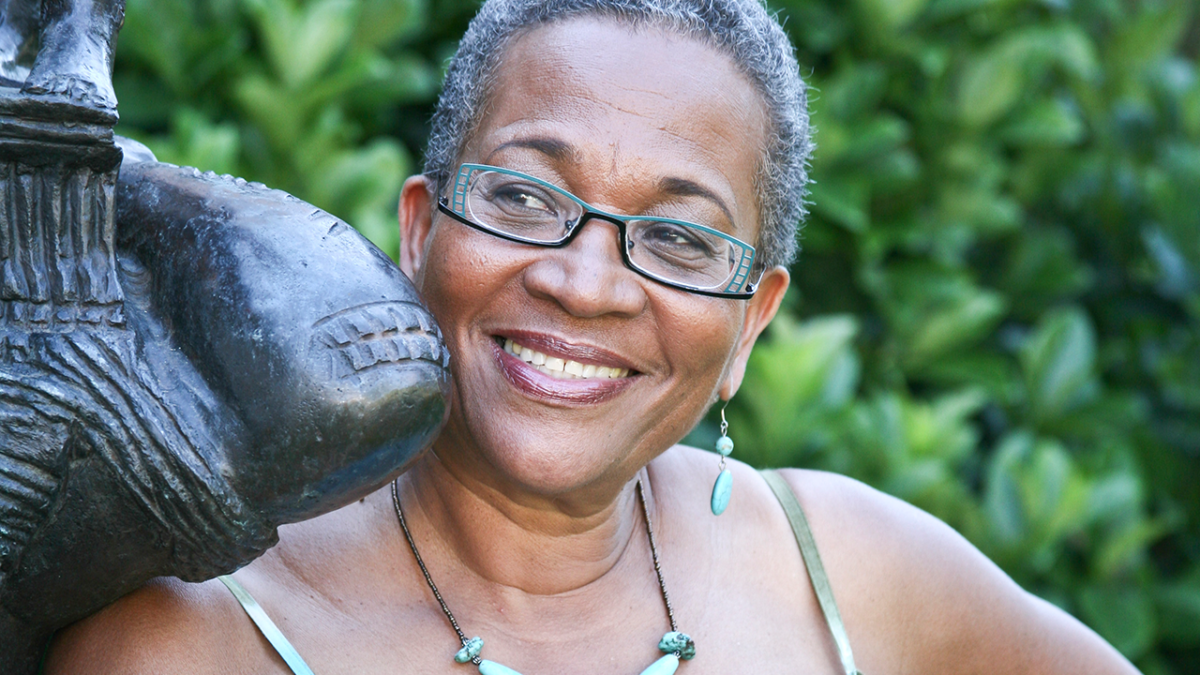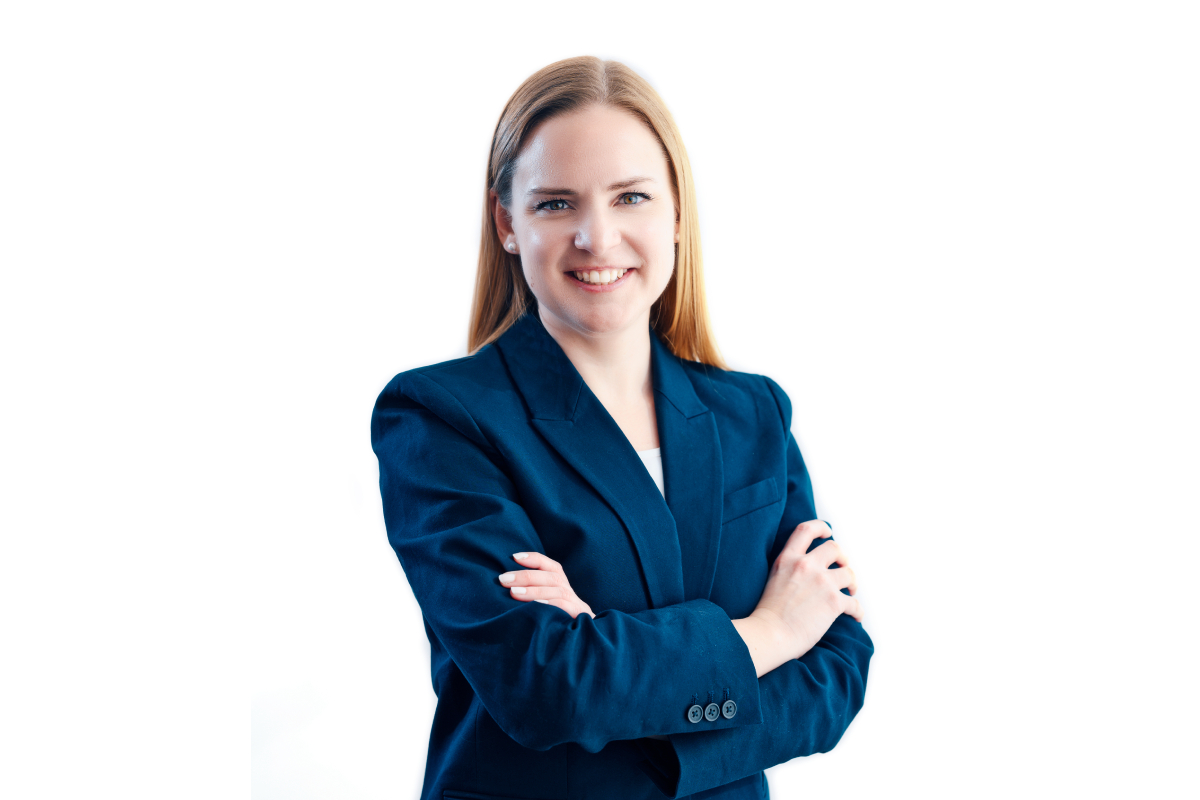Joan Pierre’s enthusiasm is infectious. She also comes with over three decades of experience working in many different roles as an event planner, designer, consultant, project manager and board member of various organizations. As the CEO of Joan Pierre & Associates, her involvement with events and the arts—and her stellar reputation—enables Joan to provide insights on design, leadership, and going above and beyond. She kindly shared her wealth of knowledge with The Edge.
What would you say are your design/artistic inspirations? How much of your personal design input are you able to incorporate in projects while accommodating customer demands?
My first approach is to really listen to the client. I listen to what they’re trying to produce and get as much information as possible. Once all of their questions have been answered, I turn to producing and designing the event. The next time I get in touch with them, I would have the entire layout for the entrance, what happens on the inside, what the colours look like, as well as the décor. I sat on the board for the National Ballet School for 9 years and every year they host a huge gala—I often start out as a board member and end up often doing events, which is what happened here—every year they choose a country and create an event around it. I had asked if they had ever been to the Caribbean, but they said no, so it was an opportunity for the National Ballet to go Calypso! I created a fabulous event with food and costumes that they really enjoyed. Fortunately, there was also a significant budget available.
With smaller events that don’t have the same kind of budget, I have to get a bit more creative. I believe that creating an event must start from the entrance and I get excited when I am able to use my design skills, gather the right companies, and pull the final product together. I’m currently planning an event for essential workers, and I’m so excited; we have artists involved with the design [which is on experiences during COVID] and hopefully this will show the impact of what these workers did. That’s my joy—making events happen.
Having had such a long-spanning, impressive career in event design, management and consultation, and having served as an associate professor at York University while officially advocating for various performing arts, how do you manage it all and what do you attribute your success to?
I’m a time management, detail-oriented person, and I do nothing without a plan. To be successful in events, you have to consider everything—from the set up to the break down. It’s important to clearly communicate with your clients, so they know what’s happening at every step. Over the last thirty or so years of doing this, people always ask me if I advertised or have a website. I always say no, as the majority of my work comes through referrals, and I really love that. I let my event sell itself, so that people remember it and can reach out. My father gave me advice when I was leaving Trinidad; he said, “Whatever you do, make sure you do it at 110 per cent. Never give only a 100 per cent. Give 110 per cent and it will come back to you.” That’s exactly what I live by. Anything I work on, no matter the client or budget, I give it 110 per cent at every level.
What leadership skills would you say you have honed over the years that have helped you create a space for yourself in the industry?
With Caribana, having the role of executive director gave me the opportunity to master many skills. Many people were counting on me to look at the complete picture. Managing all different aspects of the festival, and understanding the media, was especially new for me as I’m usually behind the scenes. I was approached by our publicist as we were navigating everything, because I knew all the information and was a direct source for media news soundbites and interviews. It’s important to know all the figures and details, and I was able to share that whenever I was asked. It was a great experience for developing leadership skills as well, since a lot of people had to come to me for help. I’ve always done a lot of mentoring. I have had university students (and others who have heard about the events I manage) reach out and ask if they can chat with me.
What advice would you give to any event design and management enthusiasts who wish to have an events management career but are reluctant due to financial constraints or lack of experience?
The thing I always say is volunteer first to see if it’s something you want to get into. I think sometimes people assume events are easy, but you have to really be in it to see what it is and what’s required. There are key traits—you must be detail-orientated, organized, be able to multitask, and deliver under pressure. I have a gift: a very good photographic memory. I can look at something and remember exactly what it looked like. This has been very helpful, even when I attend other events, as I can see and remember things I liked and that worked well. By getting involved, you can also recognize what parts of events you don’t like as much. For me, I don’t like dealing with the money—I’m happy to get the sponsorships, to budget, create invoices, but I would rather hire someone to do the finances on my behalf. But really, volunteering is a great way to see all sides of the business and then determine what next steps are best for you.
Stephanie Hawkins | Contributing Writer




















